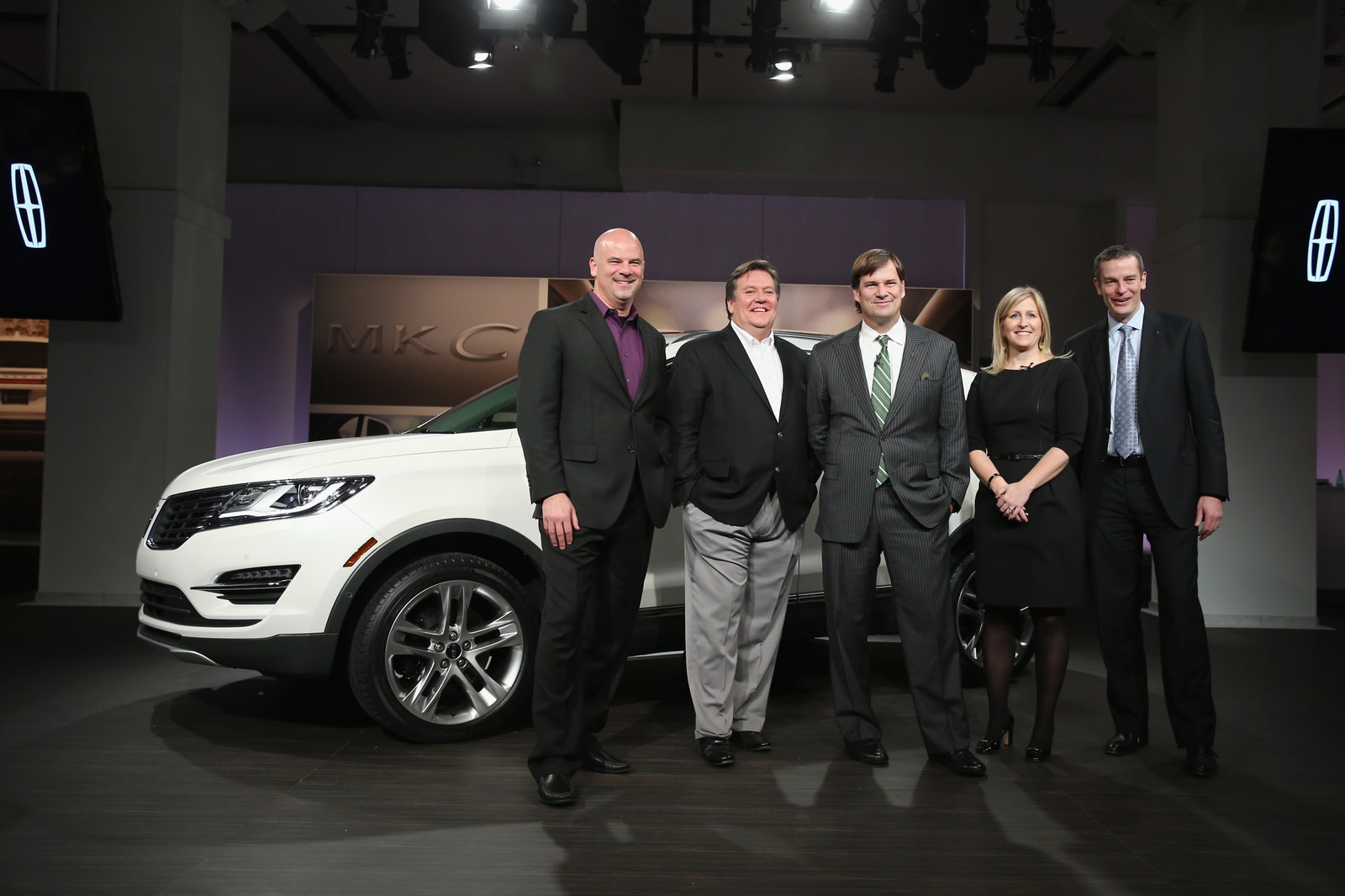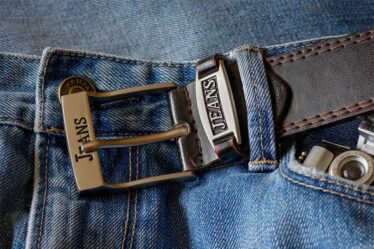
“We want to run at a different rhythm,” says Lisa Drake, vice president of electric vehicle industrialization at Ford. “Faster, faster, faster.”
Nearly 120 years ago, when the Ford Motor Company was founded, American women didn’t have the legal right to vote. This spring, when Ford launched the F-150 Lightning, an all-electric, emissions-free version of its classic electric pickup truck, women were in the driver’s seat. Linda Zhang, an engineer, immigrant, and mom of teenagers, is the chief engineer behind the car. Women scientists made the rollout happen, like Megan Gekesky, a fifth-generation Ford worker, who serves as the program management launch supervisor. And then there’s Drake, who is helping to oversee the whole thing.
“The Lightning is one of the most important pickup trucks—vehicles, really—in history,” argued MotorTrend. “This truck has to convince construction workers, farmers, ranchers, surveyors, and everyday truck fans that electric pickups aren’t just viable but desirable.” Car and Driver called the model Ford’s “most ambitious innovation since the Model T.” Reviews have been ecstatic. The F-150 Lightnings are already so popular that demand has outstripped supply. Drake promises that this is just the beginning. “They’ve been waiting to showcase what they can do,” Drake tells Glamour of the engineers working on electric cars at Ford. “I’m most excited to let them shine.”
The story of electric vehicles tends to center men—the CEOs of Ford, Tesla, and Rivian are men. But endless headlines about Elon Musk and umpteen quotes from businessmen grabbing for a piece of the lucrative industry don’t tell the whole story. The electric vehicle revolution is being powered by plenty of women. They’re visioning, engineering, building, selling, and driving the cars of the future. “But there’s not enough,” says Drake. “There’s just still not enough.”
Drake joined Ford 28 years ago. In that time, she led the Ford F-150 product and launch team, served as chief engineer of global hybrid and electric vehicles, and held a position in Ford’s C-suite. She was raised by a dad who worked at a steel mill and a stay-at-home mom—not the kind of person who would ever call herself a feminist, Drake says. Label or no, her mom’s attitude was clear: “You can do anything. Whatever you want to do you’re going to do, there’s just no debate about it.” So Drake studied mechanical engineering and took a job right out of college at Ford as a power train engineer.



